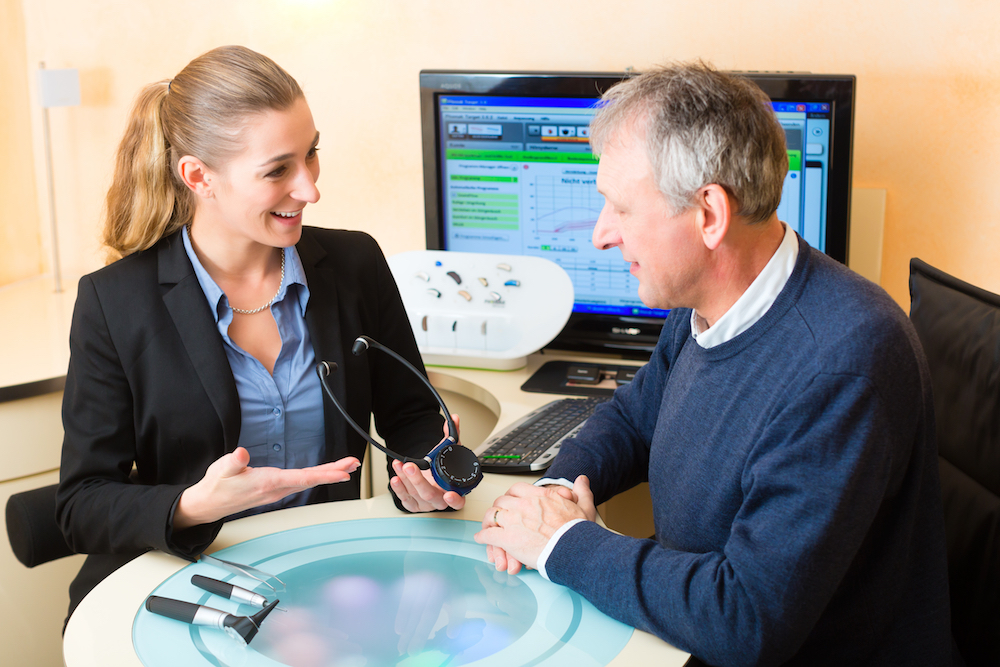How to Manage Hearing Aids During Beach Trips
Beach trips can make hearing aid wearers nervous, and for good reason.


Beach trips can make hearing aid wearers nervous, and for good reason.

When you need hearing aids, you need them to work reliably every day. They

Hearing aid technology has dramatically improved how people experience